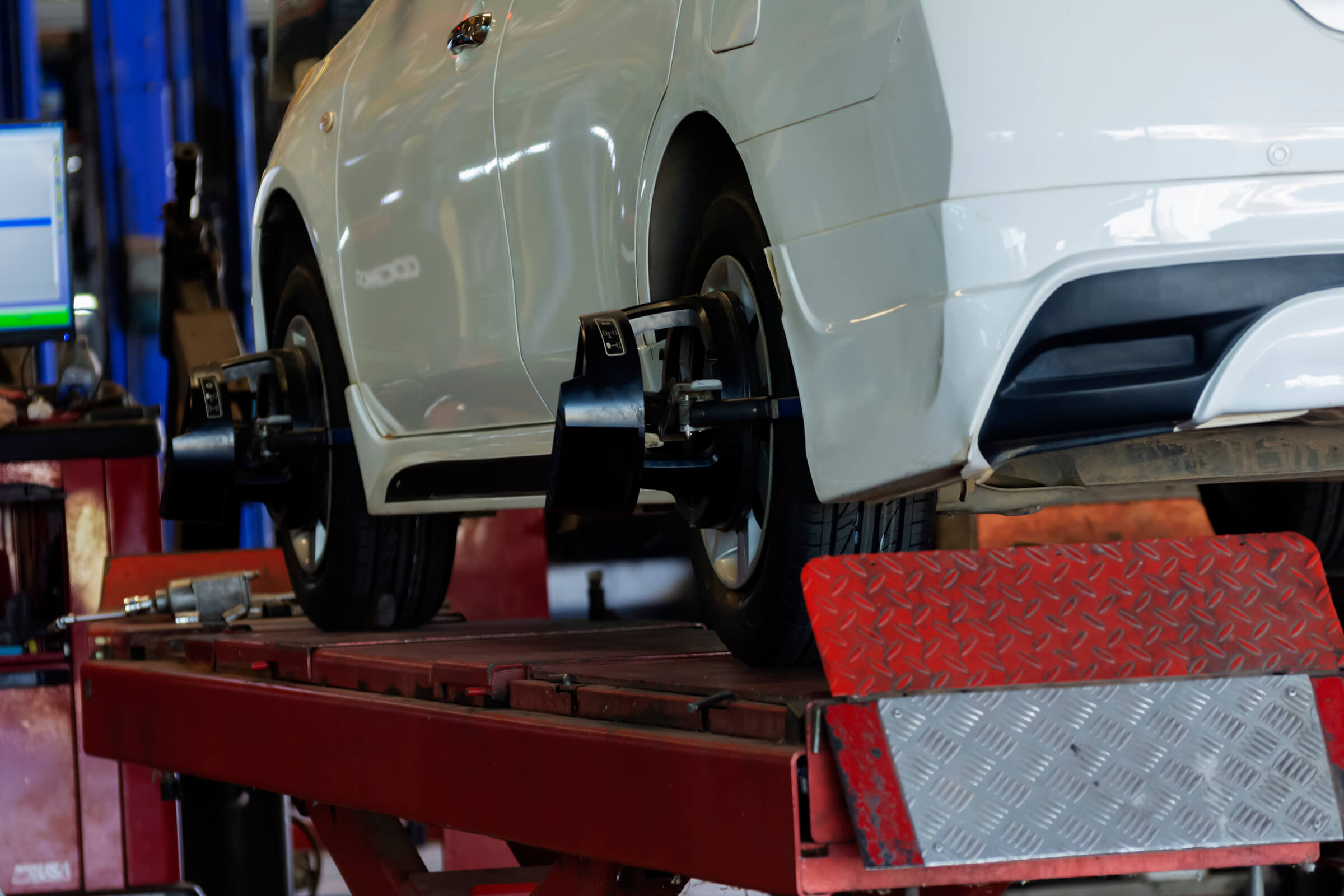
The One Maintenance Task That Can Save You Thousands in Repairs

by Erin Anderson
It's easy to ignore. It doesn't make your car look any better. And it doesn't come with a warning light on your dashboard — until it's too late. But when it comes to vehicle maintenance, there's one simple task that can make or break your engine's health: changing your oil on time.
Neglecting this one routine service can quietly lead to major engine damage, costly repairs, or even total engine failure — sometimes without much warning. The good news? It's cheap, quick, and can save you thousands in the long run.
Here's why it matters, how often to do it, and how staying on top of it could even help you lower your insurance costs.
Why Oil Changes Are a Big Deal
Your car's engine has hundreds of moving parts that generate heat and friction. Engine oil lubricates those components, keeps them cool, and prevents harmful buildup of sludge and metal particles. Over time, that oil breaks down and becomes less effective — and when that happens, your engine starts wearing down from the inside out.
Skip enough oil changes, and you're looking at serious consequences: warped parts, poor fuel efficiency, overheating, or total engine seizure. Those repairs can run into the thousands — or require a full engine replacement.
How Often Should You Really Be Changing Your Oil?
That depends on your car and how you drive. A good general rule:
- Every 5,000 to 7,500 miles for modern vehicles using synthetic oil
- Every 3,000 to 5,000 miles for older vehicles or those using conventional oil
But don't just guess — check your owner's manual or look up the manufacturer's recommendation for your exact make and model. And if you take lots of short trips, tow heavy loads, or drive in extreme conditions (heat, cold, or dust), you may need to change it more often.
Watch for These Warning Signs
Sometimes your car will try to tell you when the oil is past its prime. Look out for:
- Knocking or ticking sounds from the engine
- The smell of burnt oil
- A drop in fuel efficiency
- Oil that looks dark and gritty on the dipstick
If you're seeing any of these, it's probably time — or long past time — to schedule a change.
DIY or Professional?
Changing your oil yourself can save money and be surprisingly straightforward with the right tools. But if you're not comfortable doing it or don't have the space, most oil changes at a shop cost between $40–$75 — a small price to pay compared to what a new engine might set you back.
Many shops also offer multi-point inspections during oil changes, which can alert you to other small issues before they become big problems.
The Insurance Connection
A well-maintained engine doesn't just help your car last longer — it can also impact your insurance rates. Cars with a history of major mechanical breakdowns are more likely to be totaled in an accident, which could mean higher premiums. And if you're shopping for new coverage or upgrading vehicles, proof of regular maintenance can make your car more appealing to insurers.
Plus, drivers who stay on top of routine care are often seen as lower risk overall — which some insurers take into account when offering discounts.
The Bottom Line
Oil changes may not be glamorous, but they're one of the smartest investments you can make in your car. Regular service helps your engine run cleaner, longer, and more efficiently — and it can protect you from breakdowns that cost thousands to fix.
If you're overdue, schedule one this week. And while you're thinking ahead, this is also a smart time to check in on your insurance. If you've been taking better care of your vehicle or planning a new purchase, comparing quotes could uncover new ways to save — especially if your driving habits or coverage needs have recently changed.